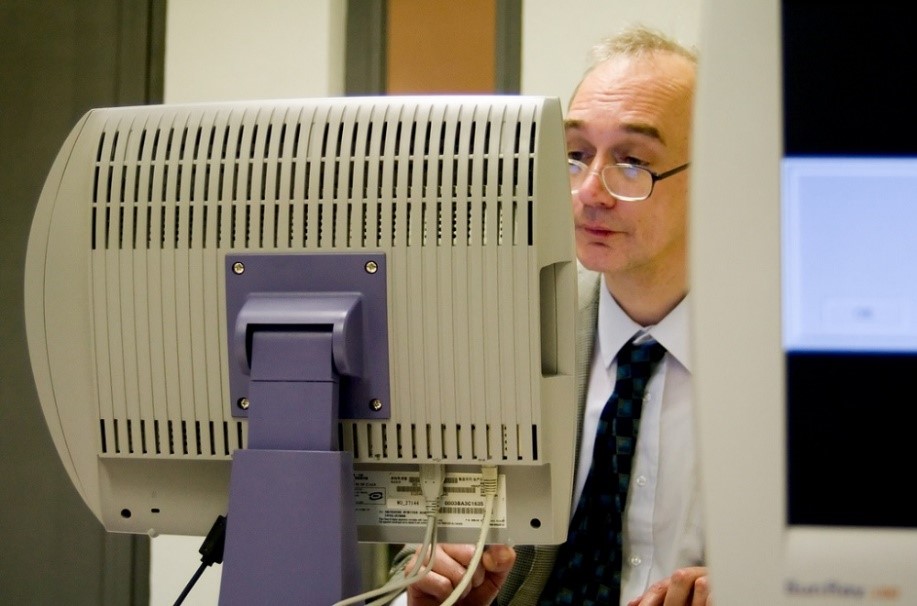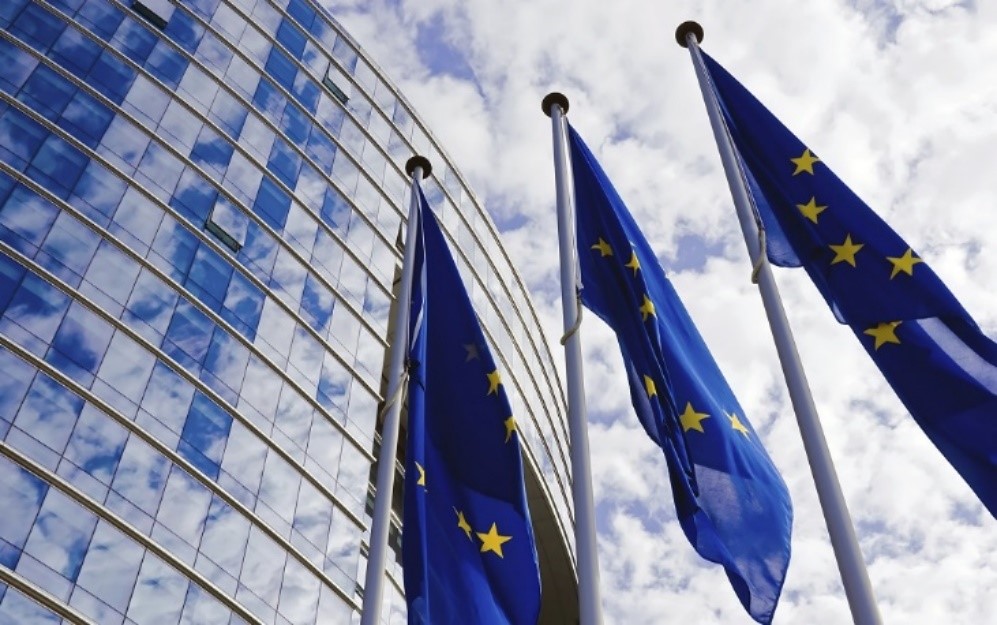The new directive on copyright protection, proposed in the European Union, which we recently
discussed in a blog, can significantly affect the design of platforms such as YouTube, Facebook and Pinterest. However, not only they, but also
libraries and aggregators of scientific and research works were “under attack”. The document may require researchers to pay even for a simple citation of the work of "colleagues in the workshop."
In more detail we speak about a problem under a cat.
 / photo by Nic McPhee CC
/ photo by Nic McPhee CCWhat is the problem?
The content of
articles 11 and 13 of the new directive on the protection of copyright has become the apple of contention in the community. Their initial goal is to protect copyrighted content from illegal use on platforms like Facebook or YouTube.
An example of the proceedings in this area is the “Authors Guild v. Google”
case . The authors of the books were extremely unhappy that the Google Books service provides open access to their intellectual property. Courts lasted about 10 years, and as a result, the US Supreme Court ruled that Google "used the content in good faith" and did not violate copyrights.
In order to prevent such cases (or at least simplify the proceedings),
article 11 (p. 54) will oblige the academic community to pay for the right to use snippets (tables, headings) from foreign scientific publications protected by copyright.
Another controversial part of the directive -
Article 13 (p. 56) - requires that all companies that store and / or distribute user content, have their platforms equipped with filtering and blocking systems. These measures have already
had to resort to the social network for ResearchGate researchers. Because of the complaint of publishers on the violation of copyright by the resource, he had to close access to 1.7 million scientific studies and articles.
How does the community relate to reform
Despite the fact that some organizations, for example, the International Association of Publishers of Scientific, Technical and Medical Literature (
STM ),
supported the new directive, the community as a whole rated the initiative negatively.
According to Vanessa Proudman, the head of the Coalition of Academic Resources and Scientific Publications (
SPARC ), the new initiative violates the European
principles of unhindered access to scientific works and publications.
Proudman
assumes that after the directive comes into force, thousands of non-commercial data archives (including university libraries) will have to obtain permission to use copyright content, apply filters and check the entire contents of the archives for copyright infringement.
The implementation of systems for blocking and filtering content will become an additional burden (sometimes unaffordable) for electronic libraries and non-profit educational platforms.
At the same time, advocates of “free” research are concerned that the “tax on references” from article 11
will oblige scientists to pay for mentioning the works of other researchers, and the entry into force of the new directive will
slow down the development of open science in Europe and the technical progress of humanity as a whole.
Maria Rehbinder, a copyright specialist from the Association of European Research Libraries,
said that research libraries and university libraries are already paying money to provide access to thousands of articles for research workers. Therefore, the latter should not pay extra for quoting.
 / photo verkeorg CC
/ photo verkeorg CCNot so bad
However, the new directive still has a kind of "outlet". Marie Timmermann, head of the EU legal affairs department at Science Europe, states that
article 3 (p. 43) allows scientific research organizations to use scientific papers for
text and
data mining. According to Article 3, scientists are exempt from the requirements of the new directive, provided that the data analysis is carried out in the interests of the public and for research purposes.
However, this exception does not apply to private companies, which puts at risk European research projects sponsored from the funds of commercial enterprises. In addition,
article 3a (p.44) stipulates that right holders will be able to protect their content, including through technical means.
Future directives
On the morning of June 20, the Legal Affairs Committee of the European Parliament (
JURI )
voted in favor of adopting a copyright directive. This vote can be called the first step of the entry into force of the directive. However, neither contradictory Article 11 and Article 13 nor other provisions of the document will be considered official until approved by the European Parliament.
Joe McNamee, executive director of the international public organization European Digital Rights (
EDRi ),
stresses that there have been cases when the parliament rejected bills, taking into account criticism from expert communities. As an example, he cites a waiver of the Anti-Counterfeiting Agreement (
ACTA ) in 2012.
Voting on the “skip” of the copyright protection directive will take place between December of this year and the first half of 2019. Therefore, it is likely that, up to this point, parliamentarians will probably
listen to the opinion of the community and amend the text of the document.
PS A couple of additional materials from the First Corporate IaaS blog:
PPS Other related articles from our blog on Habré: